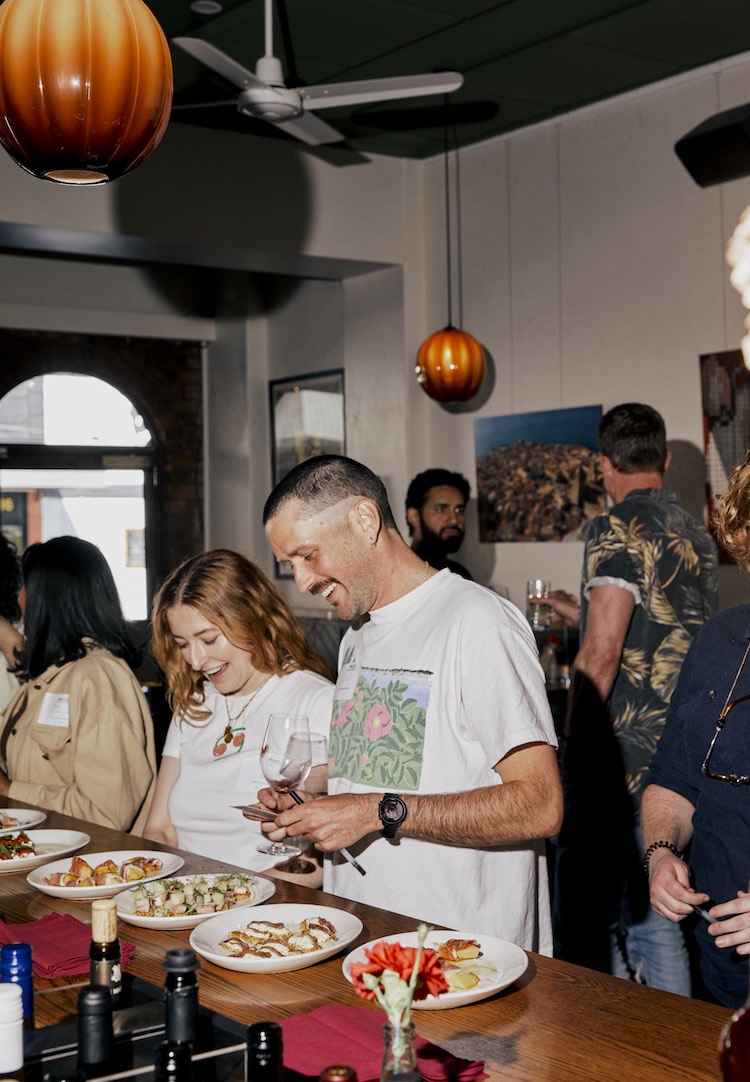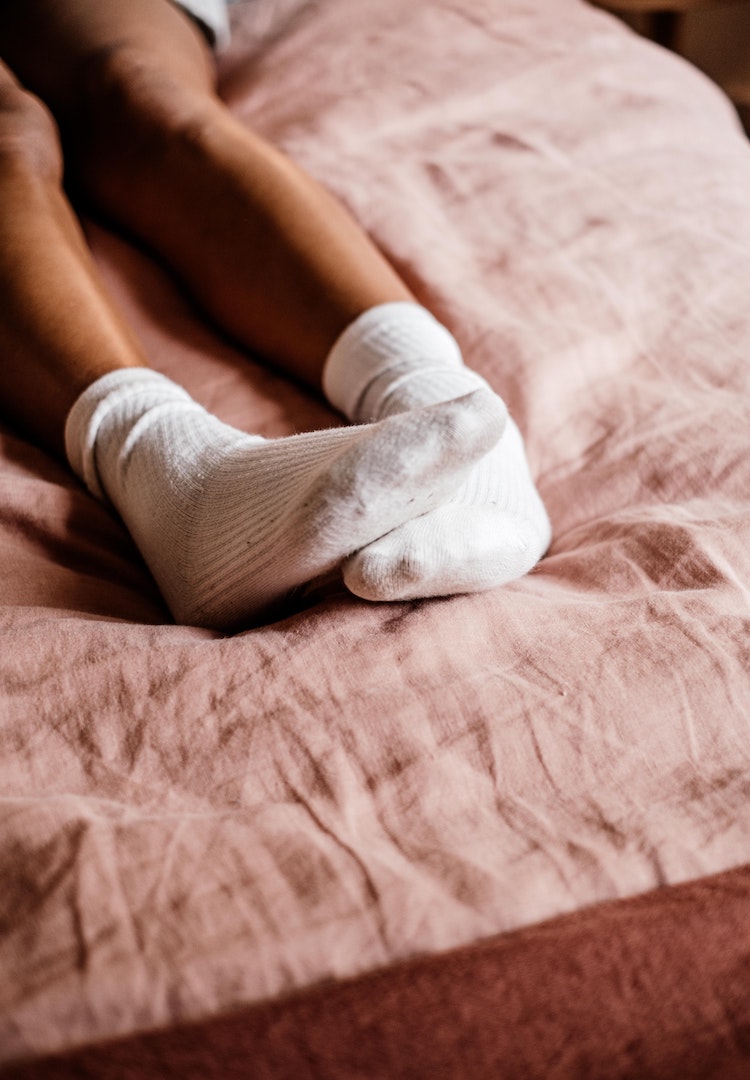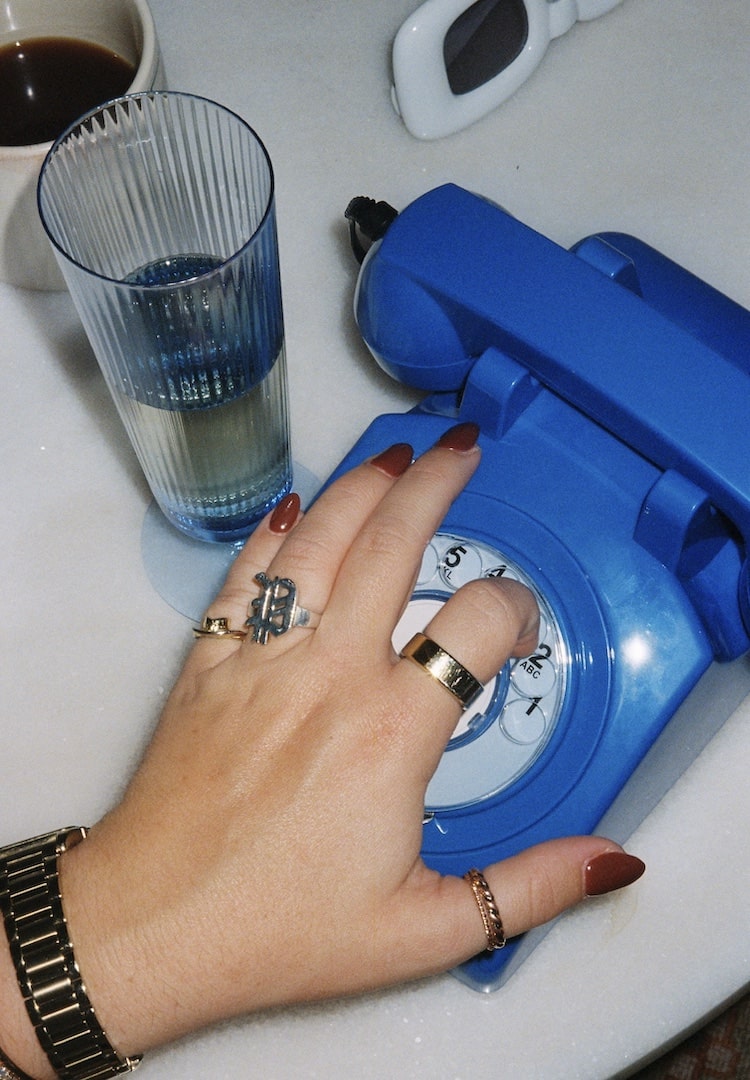A psychologist explains why we go through waves of confidence and insecurity
WORDS BY ALYSSA FORATO
“Self-doubt or lowered confidence can be informative and can instigate change or growth in a healthy way.”
When it comes to building confidence, people always advise adopting a ‘fake it ‘til you make it’ mentality. And to an extent, it works. Last year, I made a solid effort to improve my self-worth and how I perceived my appearance.
Taking selfies and hyping myself up in the mirror before a night out with hair and makeup done and an outfit I feel good in worked wonders for my overall confidence. It’s even transferred to my everyday life when I’m not dressed up and in full glam.
Interested to hear how others navigate the world? Head to our Life section.
Caring less about what people think about me and doing and posting whatever I want without a second thought (within reason) meant my self-confidence flourished. I was absolutely thriving in my new mindset. In the words of Paris Hilton, I was sliving.
However, this wasn’t a permanent boost in confidence. A few months later, when winter was in full swing and I was inundated with the responsibilities of everyday life, I felt my confidence slipping. And not just in my physical appearance. I began lacking confidence in my friendships and my career – pretty much all aspects of my life seemed to be slipping out of my grasp and into a whirlpool of insecurity.
This period of insecurity and self-doubt lasted for a few months before my mindset shifted once again and my confidence was slowly restored. But it’s not like this has only happened once. While my confidence levels have never been as high as they are right now, over the years they have fluctuated consistently.
After speaking to friends and having late-night heart-to-hearts, I realised I’m not the only one who experiences this. But why does it happen? I spoke to Carlie Spinks, a psychologist at Sexual Health and Intimacy Psychological Services, to learn more about the continual fluctuation of self-confidence.
Is it normal to go through phases of having high confidence levels, and then phases of insecurity?
In short, absolutely! Like much of our emotional experience, it’s very normal for our feelings to fluctuate. These waves are what make us human and are a response to interacting with our environment. What’s most important is [that] we honour our feelings and notice them, rather than suppress them. Self-doubt or lowered confidence can be informative and can instigate change or growth in a healthy way.
What causes these waves of confidence and insecurity? And does this affect us in the long term?
There are many factors that might contribute to our sense of confidence and security within ourselves. Often, our early experiences can shape the degree to which fluctuating confidence and insecurity might affect us. For example, if we’ve had early life experiences where our caregivers devalued us, it can make it tricky for healthy self-esteem and confidence to develop.
As we grow up, we also quite commonly tend to compare ourselves to others. [This] can lead to us discounting or minimising our abilities, which can feed into negative self-evaluations and we can get stuck in negative loops. It can affect us by forming a barrier against acceptance of all the different parts that make us who we are.
What are some issues that individuals may feel insecure about? Is it just physical things like their appearance, or could it be to do with relationships, work, etc?
Everything and anything! There are many issues which impact how we feel about ourselves. Appearance and physical features are prominent factors which can contribute to self-confidence, especially when our societal structures tend to value beauty as it does. When many of us are glued to our phones, we are passively absorbing societal messages without realising, and this can become a standard that we hold ourselves to. Our skills and abilities, our relationships [and] what we do for work and play all can make way for low self-confidence at times – and that’s very normal.
Is there anything people can do to work on feeling confident more consistently?
It’s important to work on having a healthy relationship with yourself, and like with any relationships in life, in order to do this you need to know yourself well. We get to know ourselves by self-reflecting because building confidence is an active thought process.
One way to better understand ourselves is by identifying our values – that is, the things that are important and influence how we want to show up in the world. Learning what you like and don’t like and what triggers you, [then] reflecting on these things will really assist you to know what you value.
Often when we feel more certain about what we value, it comes through in many facets of our life because it feels more authentic. When you actively consider available actions and choices that align with your values, it can be really helpful to our sense of confidence. Whether it’s our personal style, how we take care of ourselves, the people we surround ourselves with or fostering a particular talent, when our energy and efforts are directed toward the things we value, it can promote self-confidence because it becomes [a] daily practice.
What should people do when they’re going through waves of insecurity?
Remembering to talk to ourselves as we would to our loved ones is really important. Self-kindness and compassion are essential and remembering it’s really normal for us to go through waves. As I said at the start, remembering to notice and allow space for your feelings, label them and ultimately move through them in a healthy way helps us build resilience through moments of insecurity.
It might also be useful to remember that two things can also exist at the same time. We might notice self-love and kindness alongside feelings of insecurity about a particular part of ourselves – that is also really normal. Once we acknowledge our feelings, it can also be helpful to reframe and challenge any negative thoughts, remembering the parts of ourselves that we value, our achievements (big or small) and taking care of our body and mind are really important.
For more on how to build self-confidence, head here.










